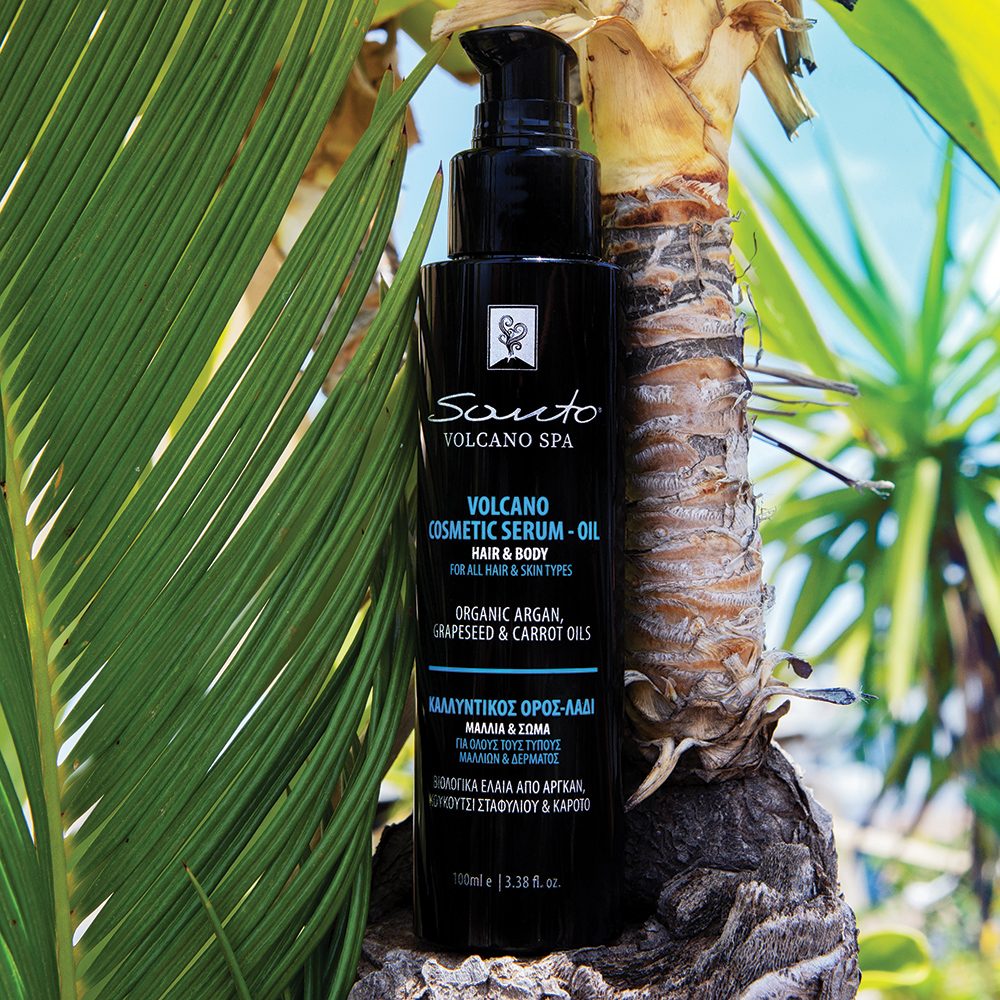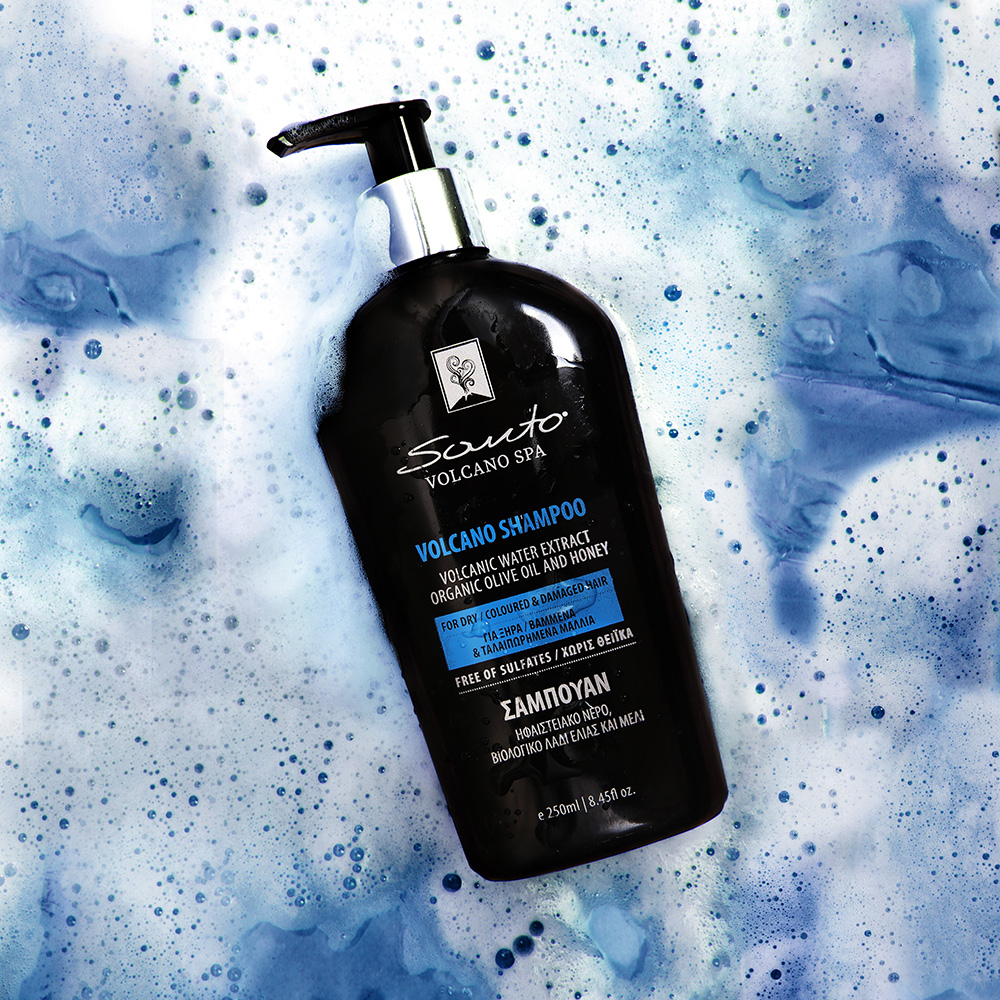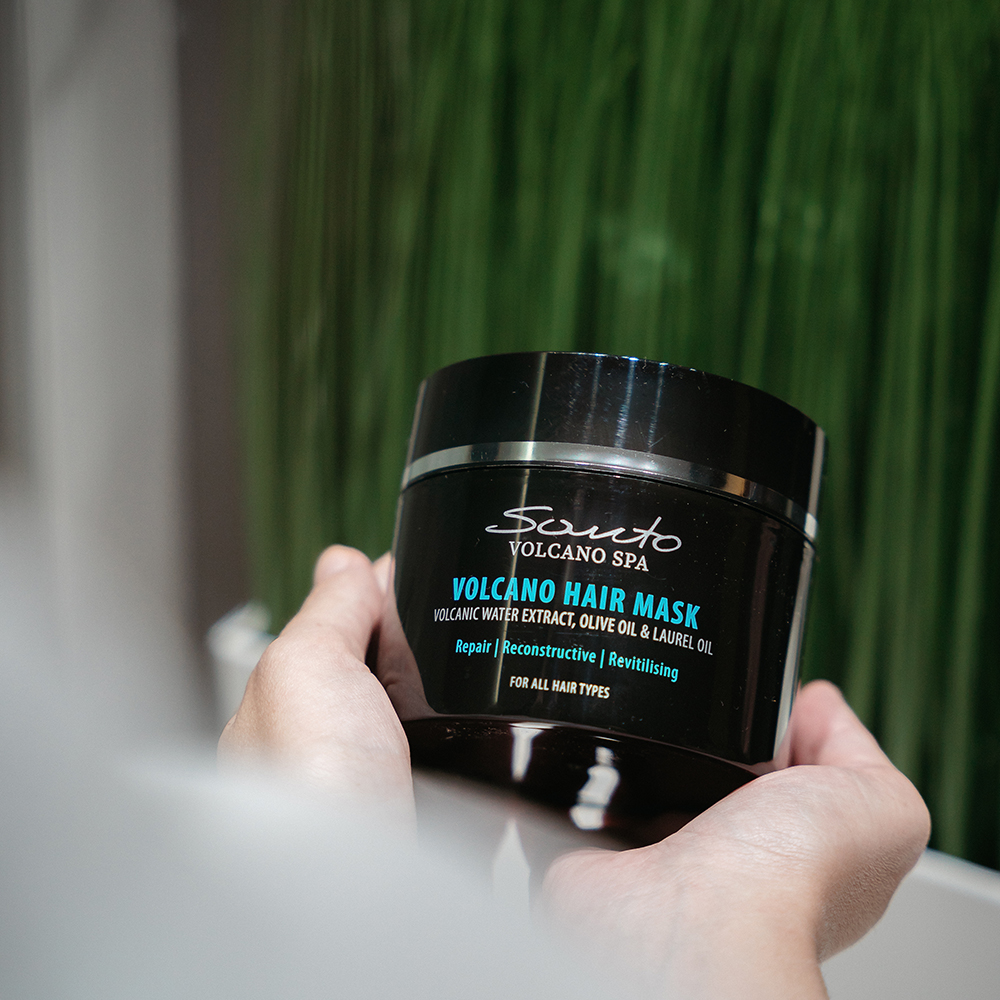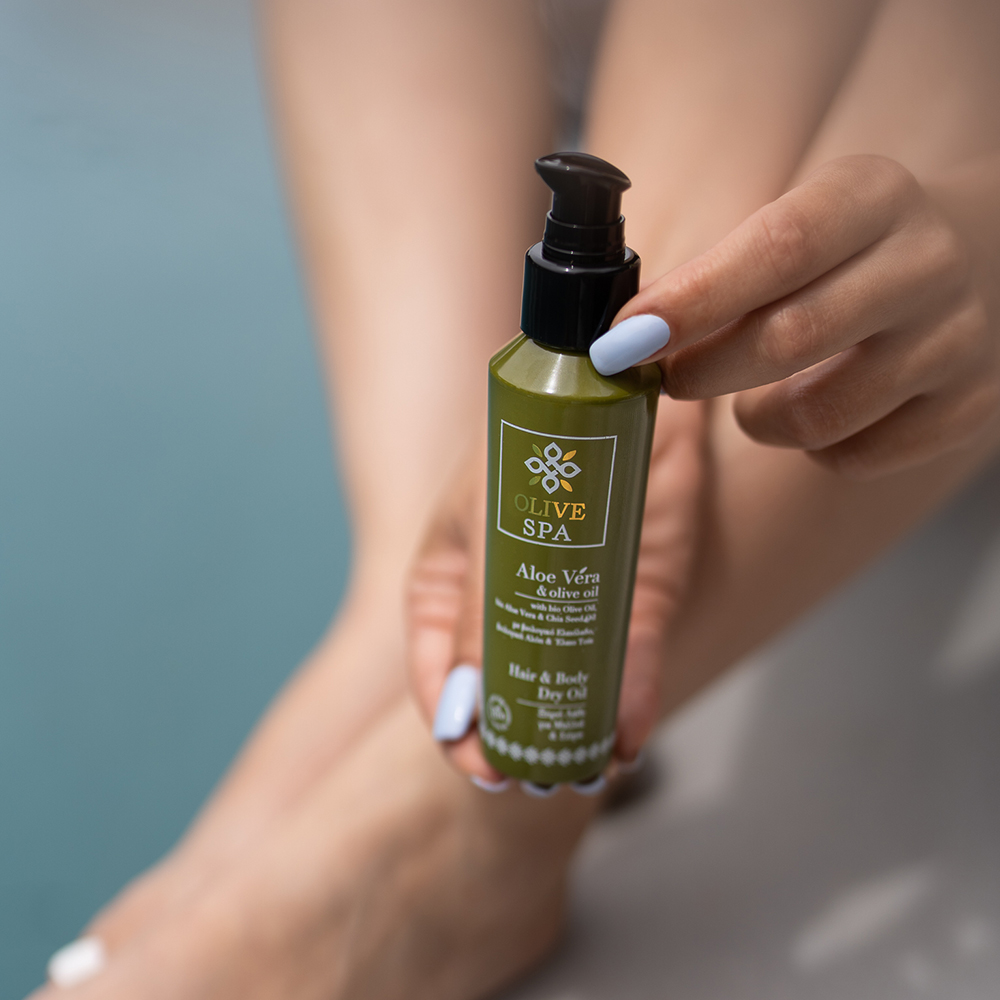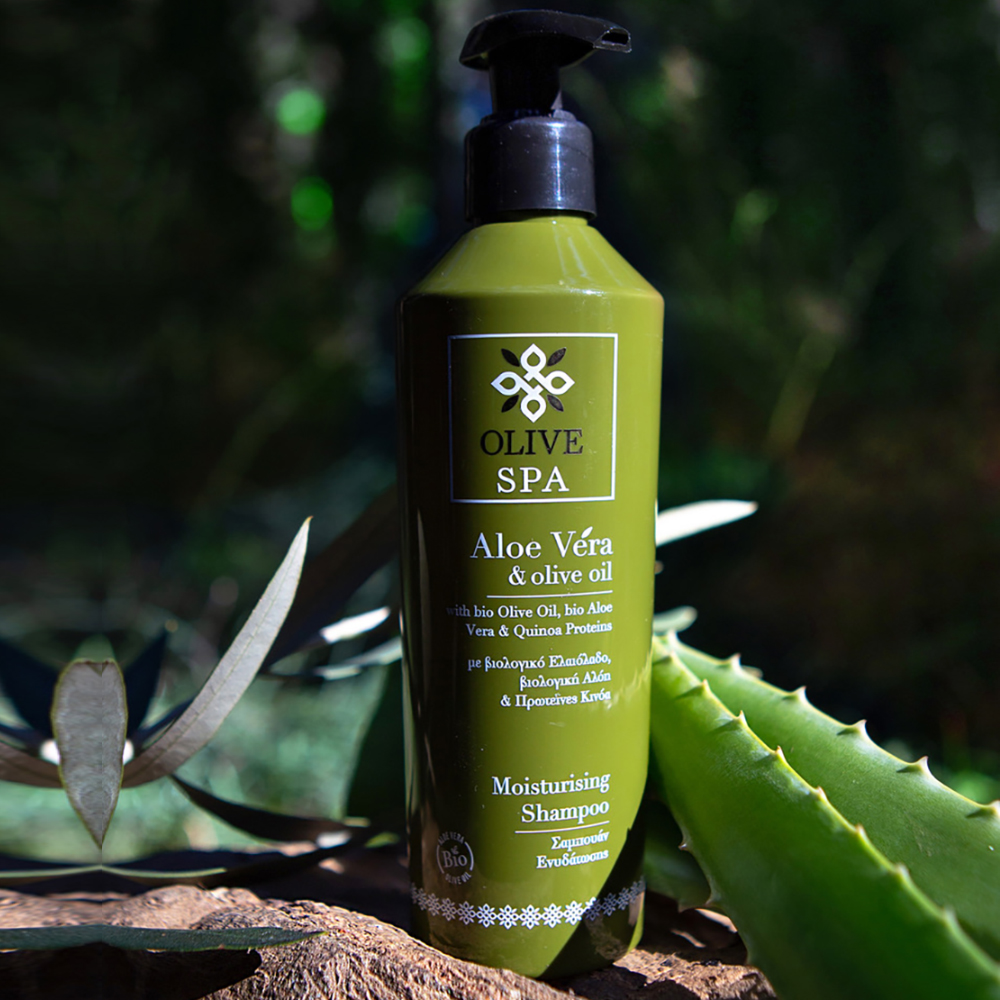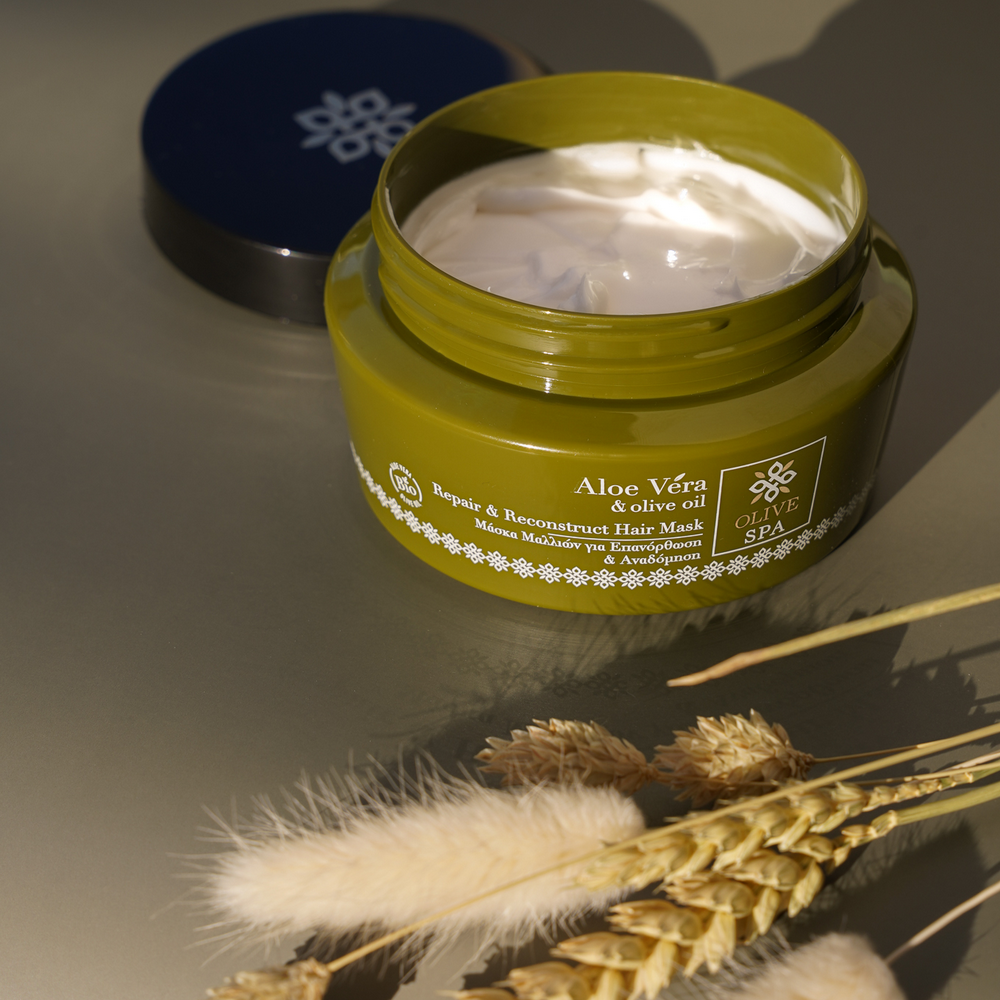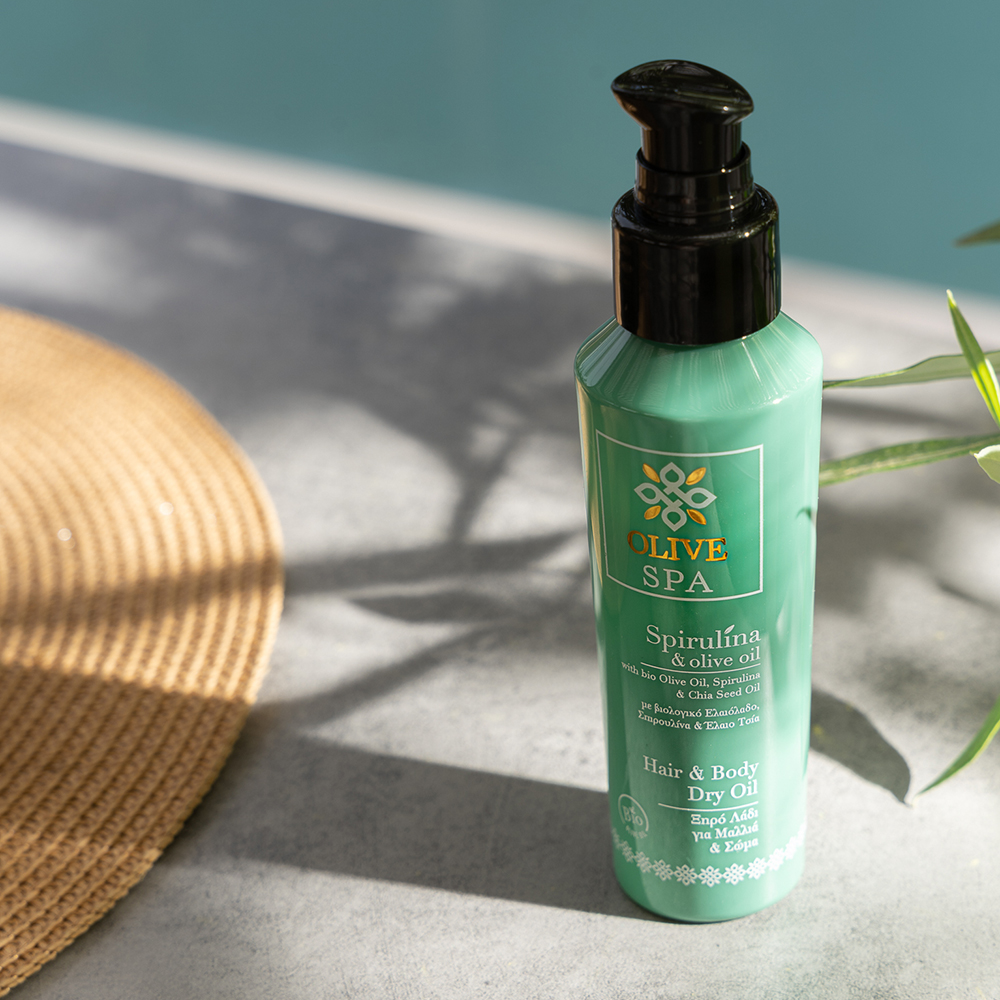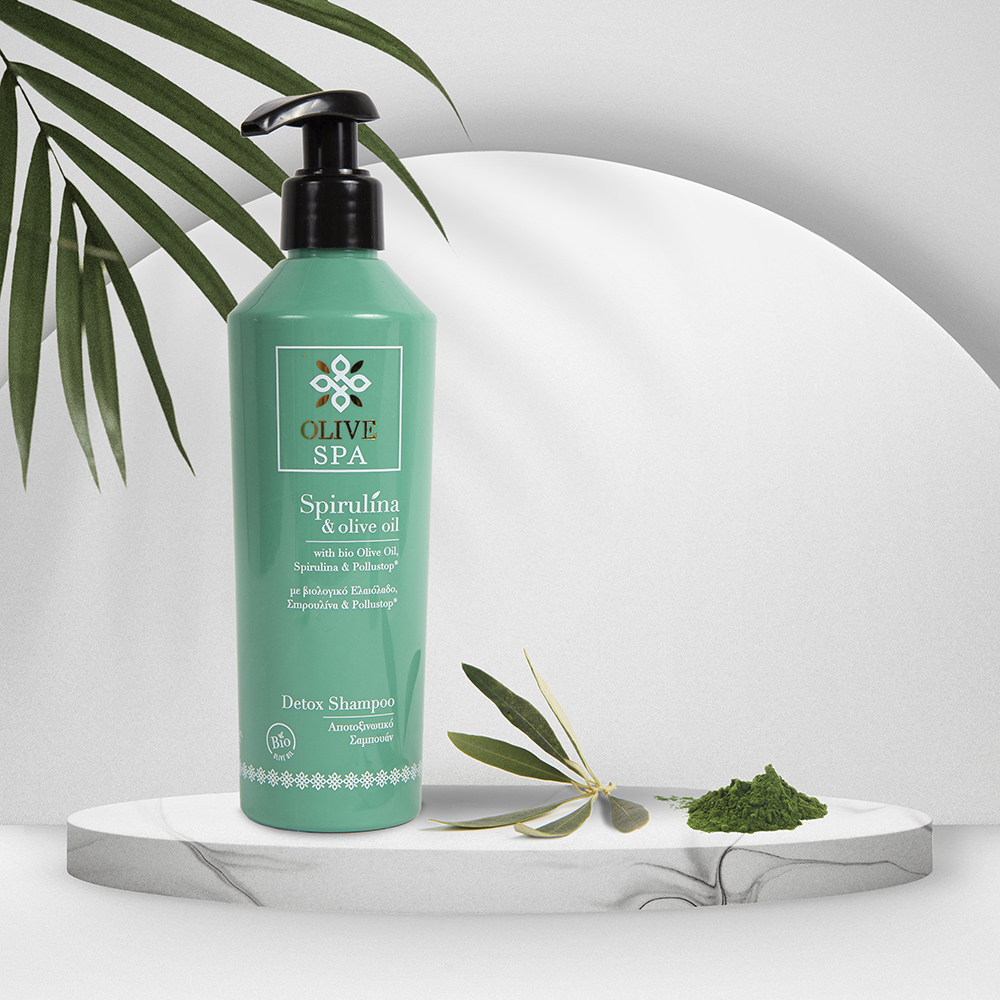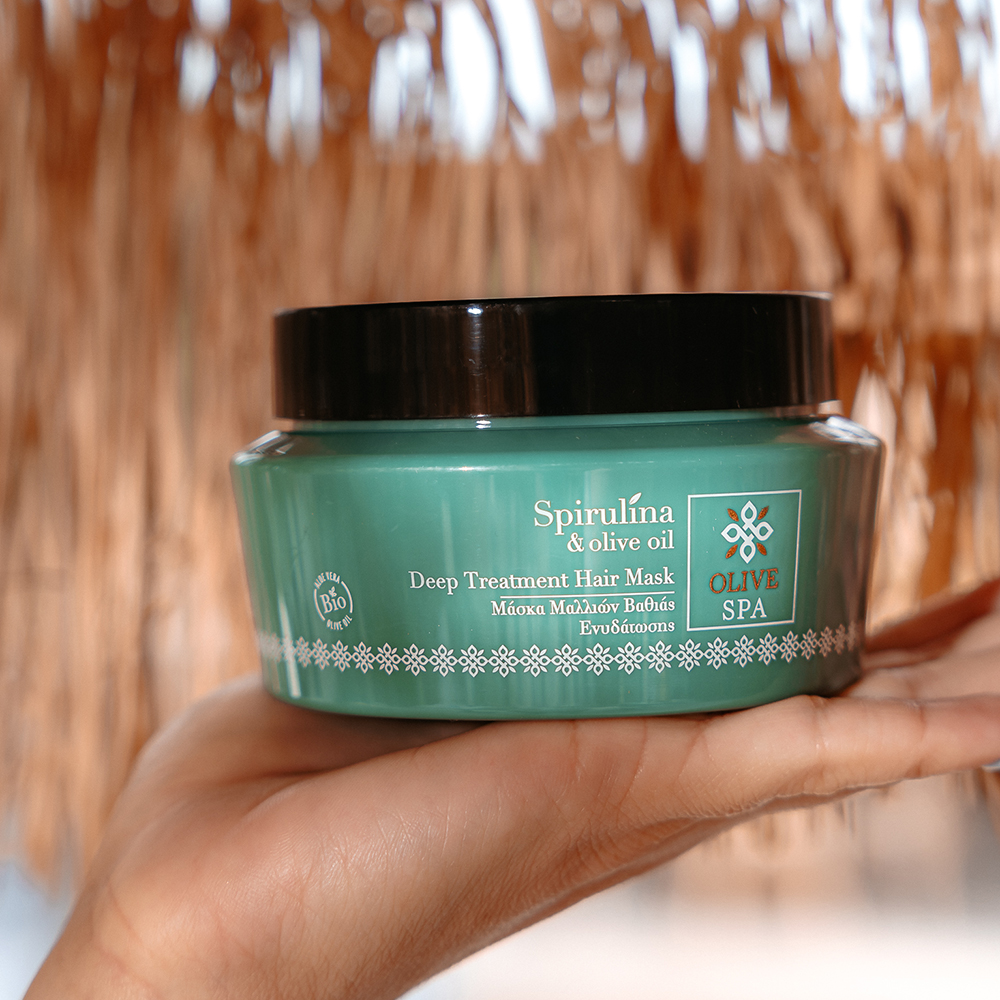Summer Hair Care
The summer is already here and together with its sunny days, also hot temperatures, humidity, and sea breeze come along to make it a particularly challenging time for your hair. Just as the hot weather and sun’s UV rays can damage your skin, they may damage your hair, too. The outermost layer of your hair […]

The summer is already here and together with its sunny days, also hot temperatures, humidity, and sea breeze come along to make it a particularly challenging time for your hair. Just as the hot weather and sun’s UV rays can damage your skin, they may damage your hair, too. The outermost layer of your hair – the cuticle, tends to become rough as it soaks up the extra humidity of the air, causing the shaft to swell and leading to breaks in the cuticle. This causes frizz in the hair. Hair puffs up and goes every which way but smooth. Frizzy hair is dry, unmanageable, and prone to breakage.
Saltwater and chlorine also take a toll on our tresses. Swimming beats up your hair, too. Taking a plunge in the pool and swimming, beats up your hair as the chlorine is stripping it of its natural protective oils. If you are a blonde, you may find your locks taking on an unflattering greenish cast. That is caused by the copper molecules and other pool chemicals that bind to the protein in the hair shaft. A dip in the sea stresses hair in another way. The heavy salt content in seawater draws water out of your hair and skin. We end up with prune-y fingers and parched hair. The outcome is far from pretty: few weeks into summer, and hair that was shiny and easily managed looks and feels fried. The damage is most obvious when we see color-treated hair becoming faded, bleached, and brassy. Excess sebum and sweat can also cause your hair to fall flat and lose its volume in the summer.
If you want to avoid damaged hair this summer, read a few tips including protective products and simple practices to adopt in your daily hair care routine, that will keep your hair healthy all summer long!
Haircut
Start summer with a trim. You’ll get rid of split ends and refresh your style. You might need a mid-season cut, too. Trimming your hair ensures that there are no split ends. Also, trimming makes it easier to manage your hair. Don’t worry about the length. Your hair grows faster in summer because most strands are in the anagen or growth phase during this time. Some signs that it’s time for a trim are pesky single strand knots, tangles, extremely dry & frizzy ends, and that your hair just doesn’t appear to be growing. This is the perfect time to cut them before that cause any more trouble. In addition, Split, damaged, dead ends will not retain moisture. It’s just best to cut them.
Washing
During summer, hair tends to get dry, so it has to be washed less often. Sea water contains a high concentration of salt, which means that it soaks water from within the hair: this results to uneven and dull hair with fragile ends. On the other side, the chlorine of the swimming pool derives the hair from its natural oil, leading to scalp and hair dryness.
For washing your hair after a day on the beach or at the swimming pool, use preferably a special moisturizing shampoo, enriched with ingredients that bring back and retain hydration to the hair. Once a week you can also use a detoxification shampoo for scalp and hair so that any chemical residues, salt and sand are removed, and their shine and elasticity are restored.
Colored hair gets even more damage during summer. The sun fades the color, while the water releases the color substances. For the daily hair care and color protection, you will need to use a shampoo designed especially for colored hair, which will help colorants lock in the hair, and it will remove the yellow shading: this way your colored hair will retain their shine.
You should not skip the application of a hydrating/nourishing hair mask after washing your hair with the shampoo. The mask will repair the dehydrated and damaged hair and it will restore their shine and smoothness. Try to use hair masks that are rich in moisturizing butters and oils, like laurel oil, argan oil and Abyssinian oil.
Try to wash and rinse your hair with cold water. It is more beneficial for the hair and the scalp, as the cold water does not cause dryness, but it activates the blood circulation, closes pores, and helps the hair shine again. If cold water is difficult for you to tolerate, then try to use lukewarm water for washing but try to do at least the last rinse with cold!
To comb your hair, use a comb with widely spaced teeth and avoid the dense brushes.
Styling
Minimize the use of heat styling tools like blow dryers, flat irons, and curlers. The heat can add up to the existing summer heat and damage your hair. As the hair is already exposed to a significant amount of heat on a daily basis in the summer, it will probably air-dry quickly anyways, so give the blow dryer a break and go au naturel if you can. Avoid flat-irons, too, as they will do further damage to already-dry hair. If, however you need to use a blow dryer or other heating tool, try to keep their heat low and apply a protective cream or serum first. Remember that sleek hairstyles only make the frizz stand out more. Tight hairstyles can in general be damaging because they tend to pull and tear hair, especially if your hair is dry from the summer heat. Tie your hair up to not only limit the exposure to sun, but also to avoid sweating. You can try hairstyles ranging from updos to braids, ponytails, buns, or twists. A messy braid is also ideal for keeping your hair under control and minimizing exposure to the sun.
Sun-UV Protection
Like our skin, the hair also needs to be protected from the harmful rays of the sun. The UV rays have a significant impact on the skin. It makes skin dull, aged and dark. In the same manner of extreme exposure to the sun, our hair starts getting damaged, brittle, dry, dehydrated and faded. Use a hat to cover your head when you’re out in the sun. Not only does this provide extra UV protection, but it also helps your scalp to retain moisture. A hat reduces damage caused by wind, especially if your hair is prone to tangling, and protects color-treated hair. If you don’t like hats, try a scarf or headwraps. This way you’ll be able to offer full protection to your hair. Besides, scarfs can add a fun element to your outfit. Hair products with UV-filters are also available in spray, cream or gel. If you wish not to invest in such products, try to run your hands gently through your hair after you’ve applied sunscreen to your face or hands.
On the beach
Saturate strands before taking a dip, with clean water and a hair serum. The serum will make a protective shield around your hair, which prevents it from being dirty and damaged by external aggressors, as it won’t absorb as much saltwater or pool chemicals. It’s also suggested that you rinse your hair after a swim. If there isn’t a shower nearby, keep a spray bottle filled with fresh water.
Avoid pulling anything through your hair when it’s wet, since that’s when it’s most susceptible to breaking. Wide-tooth combs are most gentle for untangling hair, as brushes can pull and tear when they snag strands.
Rubbing with a towel is also not a good idea while the hair is dried and full of salt or pool chlorine residues: rubbing will cause even greater damage and breakage. At this moment the hair is dry and fragile, so the rubbing with the towel will lead to further damage.
Moisturization
For extra-moisturization of your hair during the summertime, you can try to apply natural oils that penetrate hair (coconut, olive, or avocado) in the shower after shampooing your hair and scalp. Make sure to ring out excess water and apply oil from ends to roots. Then condition hair as normal. It’s guaranteed to leave your hair soft and moisturized but not greasy. Penetrating oils aid the hair by increasing its ability to absorb and retain water molecules. Oils such as coconut, olive and avocado enter the hair and bind to water molecules due to their polar structure.
Massaging with oils like coconut oil, olive oil can increase blood circulation in the scalp and moisturize your hair. You could add in a few drops of essential oil like lavender oil.
Water drinking
Dehydration is one of the major problems of the summer season. Humid and hot environment leads to extensive dehydration and can cause many problems and affect the health of your hair too. So even if you are doing everything right for your hair, but skip hydration, you may notice breakage, thinning, split ends and shedding of your hair. Try to drink lots of water and cooling fluids in summer to provide hydration and strength to your hair strands. This is a tip that you just can’t ignore because hydration starts from inside!
References:
